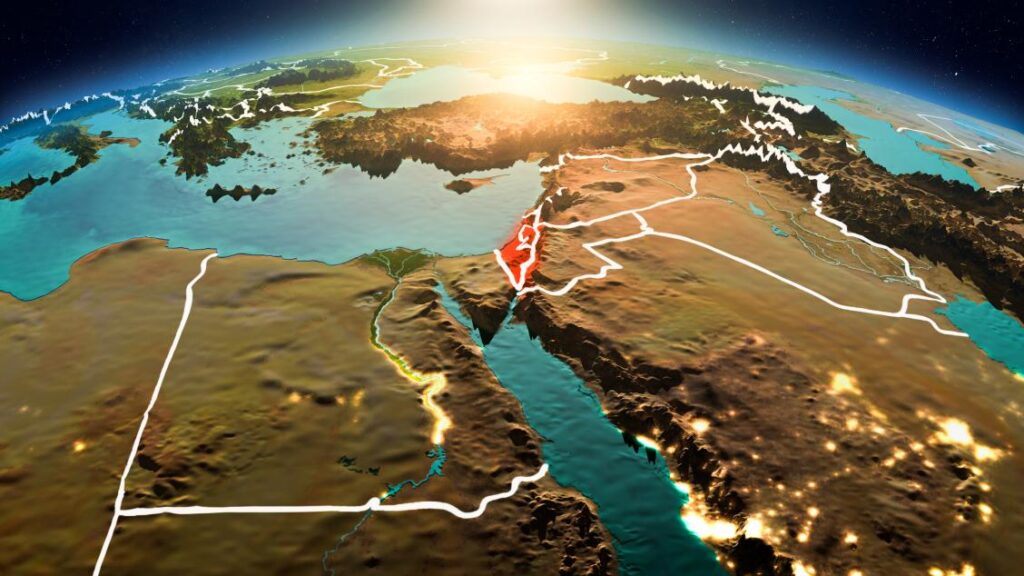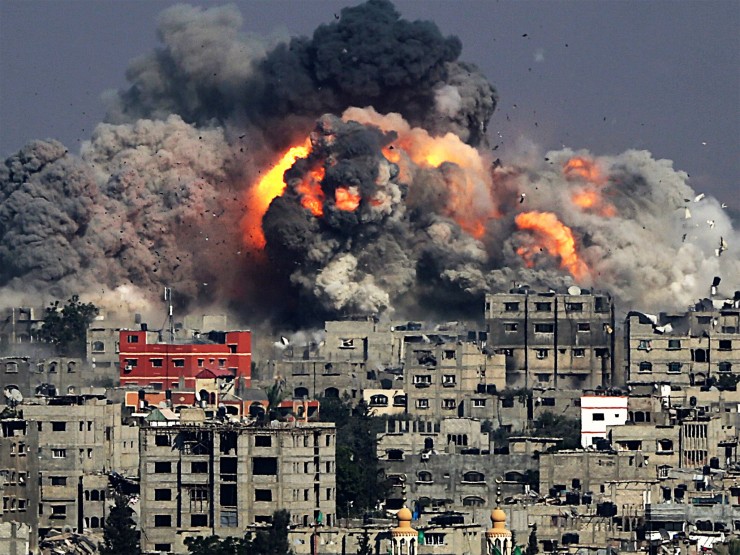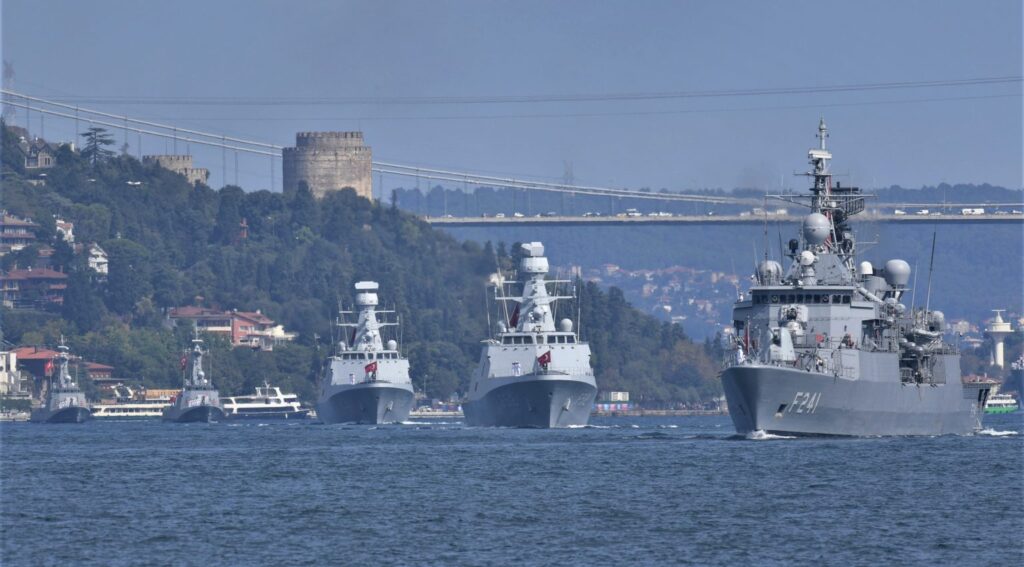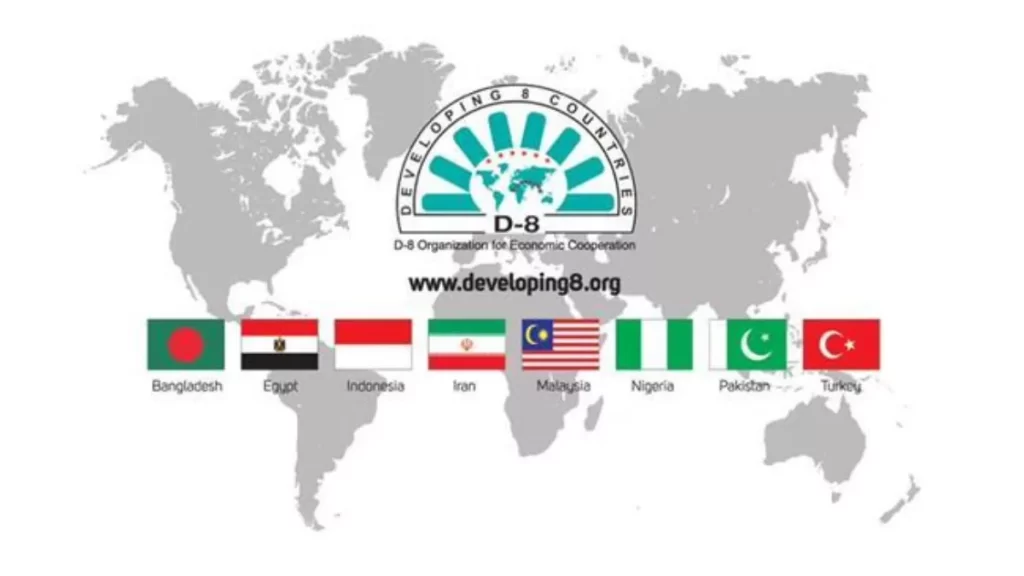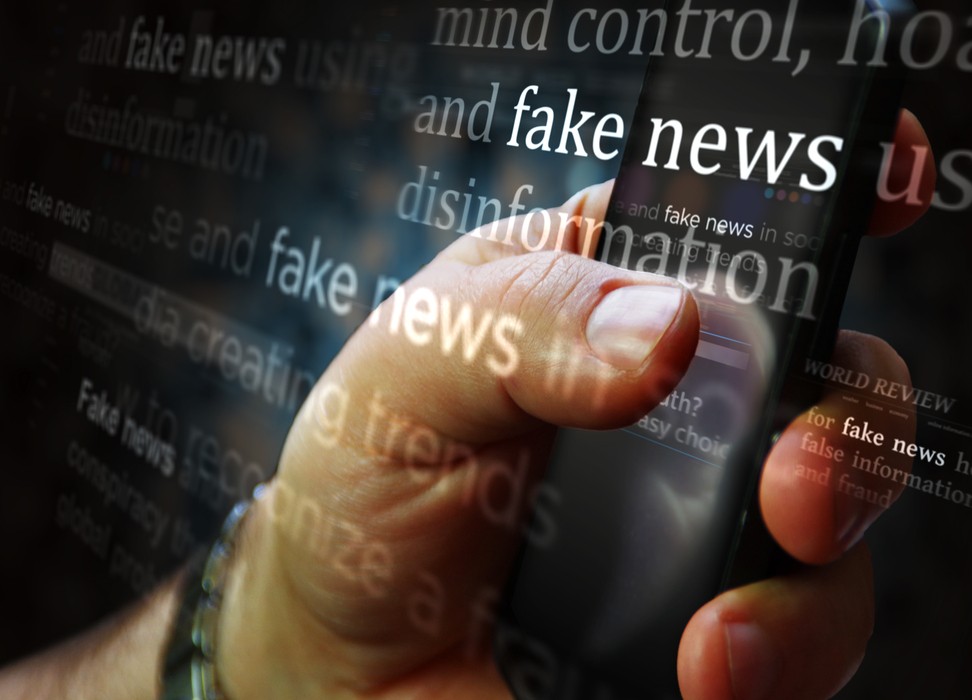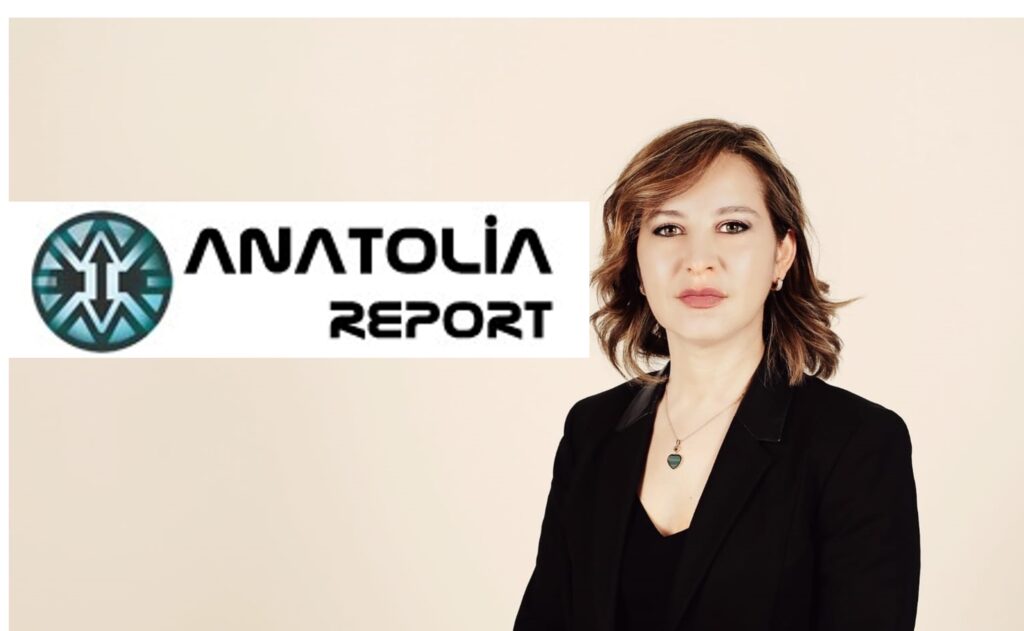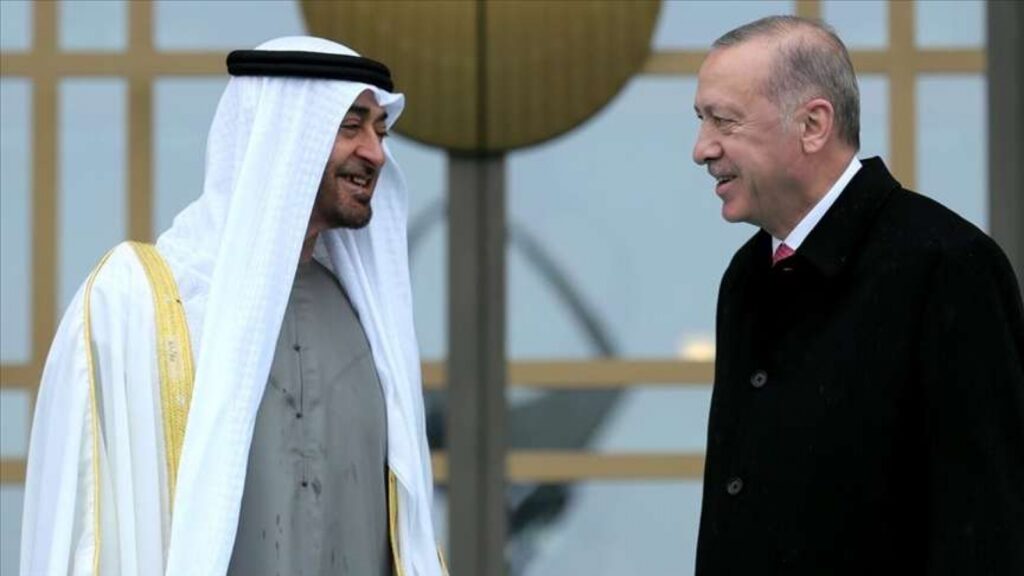COLD WAR 2.0 – MOSCOW UNDER SANCTIONS WHAT’S GOING ON? By N.Selin SENOCAK
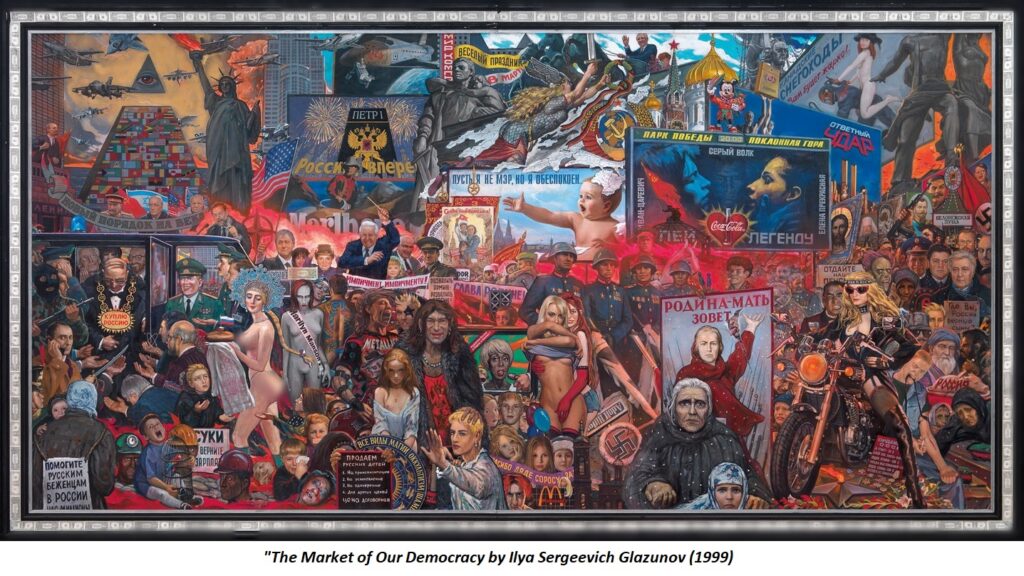
COLD WAR 2.0 – MOSCOW UNDER SANCTIONS WHAT’S GOING ON?
N.Selin SENOCAK
ANATOLIA REPORT
October 2023
A wave of anti-Russian hysteria is sweeping the West. This atmosphere motivated my decision to lecture at Moscow State University and stay in Russia at the beginning of this year in order to form a comprehensive understanding of Russia’s approach regarding the sanctions and its ability to overcome them.
The division of the world into friends and enemies, characteristic of the culture and traditions of the twentieth century, is still omnipresent. The idealists of globalization who hope that the twenty-first century will become the century of a more unified humanity have failed in their utopia.
Of course, even in the most developed countries, things are not proceeding smoothly. Most countries specifically the United States retain the traditional twentieth-century attitudes of seeking new enemies, preserving their accustomed view of the world as one of opposites and trying to maintain a unipolar world. Any country against the interests of the United States is stigmatized and sanctioned as an “evil empire” such as Russia today. The creation of an imaginary enemy is an American policy as we experienced with the war in Iraq, it is the only way to unite countries under their domination and govern them.
For years, the prominent political scientist John J. Mearsheimer has argued that the U.S., in pushing to expand NATO eastward and establishing friendly relations with Ukraine, has increased the likelihood of war between nuclear-armed powers and laid the groundwork for Vladimir Putin’s aggressive position toward Ukraine.
Since the end of the Cold War, NATO governed by U.S. had lost its life essence. The war against terrorism had become a new objective, but the involvement of Russia as a partner in this fight had created new strategic alliances with the NATO countries, which was not calculated by the United States. At a time when European leaders wanted to create a European army as declared by French President Macron and to free themselves from the grip of the United States by reducing the NATO budget, Ukraine’s war has become a new “raison d’être” for NATO. So, the World found itself in a new cold war orchestrated from scratch to maintain a Unipolar World.
Moscow Under Sanctions “Culture War”
What is amazing about Russia, when we look at a map, is its size. Russia is a country spanning Eastern Europe and Northern Asia. It is the largest country in the world by area, extending across eleven time zones and sharing land boundaries with fourteen countries. It is not so much Russia’s geographical position as the ideological implications and consequences of its position that are particularly important. At different periods of Russian history, the choice between an orientation toward the West (Europe) and, conversely, attempts to find a Russian identity a “Eurasian” outside the West European context became a matter of fierce debate.
To understand not only Russia’s present but its future, one needs a deep knowledge of its past. For lack of this knowledge, most of the so-called Kremlinologists in the West failed to predict the economic expansion and political stability of Russia in the face of economic sanctions from Western countries and other important events of recent years.
There is a widely held opinion that the Russian people are extremely uncultured. What does this mean?
Stereotypes are used as a favourable prism to simplify and interpret world events. Historically, the West and Russia have been juxtaposed as European and Russian civilised versus Asiatic and barbaric, which was incrementally expressed through ideology as democracy versus authoritarian. Filtering relations and events through dichotomous stereotypes representing good versus evil diminishes the relevance of objective reality and reason.
The thousand years of Russian culture is certainly one of the richest in the history of Humanity. It suffices to mention a few names: in science, Lomonosov, Lobachevskii, Mendeleev, V.I. Vernadskii;in music, Tchaikovsky, Mussorgsky, Scriabin, Rachmaninoff, Prokofiev, Shostakovich; in literature, Derzhavin, Pushkin, Karamzin, Gogol, Dostoevsky, Tolstoy, Chekhov, Bulgakov. Must one name all spheres of culture and enumerate their representatives? The haughty so-called European intellectuals are pretending that Russia lacks philosophical thinking by ignoring the great Russian philosophers Chaadayev, Danilevskii, Fedorov, Solovev, Bulgakov, Berdiaev. All these scientists, musicians, writers, artists, and philosophers come from Russia’s culture in its highest manifestations.
The misfortune of the Russians is that they are isolated in their own language. For example, Russian scientific research is of a very high intellectual level. However, publications in English are so rare that it creates a perception that Russia is archaic in science. The discretion and modesty are a modus vivendi for Russian intellectual milieu which does not help to promote their knowledge in the international arena. A typical Russian intellectual is not supposed to have any material interest in life. The negative attitude toward money and other worldly values may be traced back to similar moral values and religious traditions.
A liberal approach to culture, with an orientation to the mass consumer, has contributed to a unified global culture. Not surprisingly in the traditional competition between European and American mass culture, the more standardized and materialist approach of American mass culture is dominating the global tendencies. In a world where the English language is dominant in all spheres of international relations, it is perfectly logical to see the Anglo-Saxon dominance over global mass culture.
During the Soviet era Russia had a very negative, unpredictable and fearful image in the West for many reasons, still now. “I cannot forecast to you the action of Russia. It is a riddle wrapped in a mystery inside an enigma” said Winston Churchill.
A deeply sinister and dangerous tendency has made its appearance in Western writing and media about the war in Ukraine.
The banning of Russian cultural events and calls for the “decolonization” of Russian literature and Russian studies recall the propaganda of all sides during the Second World War, which did so much to embitter that war and make its peaceful resolution all but impossible.
Demonization of this sort is morally unacceptable in itself; it is incompatible with democratic liberal ideology; it is disastrous for the future peace of Europe; it fuels the paranoia and violent self- righteous extremism that has done so much damage to the peace in the World. Russophobia of the past and the present is that now it manifests itself at both the State and the non-State levels and is therefore more damaging.
While Western countries are seizing the properties of Russian oligarchs (in a mafia-like manner by countering international law as they did to the Jewish community in the past), non-State actors are banning prominent Russians in every field of activity, including top musicians and sports personalities. The World-famous Orchestra conductor Valery Gergiev has been banned and was also sacked by the Munich Philharmonic Orchestra for failing to condemn President Putin. Cannes film Festival declared that it will not entertain any Russian films.
Democratic Congressmen, Eric Swalwell and Ruben Gallego, publicly called for “kicking every Russian student out of the United States” because these students are “the sons and daughters of the richest Russians”. The animus towards everything Russian is reaching ridiculous levels. The International Cat Federation has banned Russian cats from its competitions.
Russians in every walk of life are expected to publicly apologize for something they are not responsible for, the invasion of Ukraine and the ethnic cleansing of Russian origin people by the Ukranian Neo-Nazi government.
The West also seems to ignore that sanctions hit the common man, the poor, and not the elite, whether political or economic. Lifetime savings plummet with the free fall of the Russian Ruble, and access to basic necessities like medicine and food, decreases rapidly. The West feels that this will force the Russian common man to rise against President Putin and overthrow him. But this regime changing technique is no less painful and devastating than invading Russia.
President Putin brought back the glorious past of Imperial Russia from its ashes, he restored confidence to his people who had been flouted and left in despair by his predecessors such as Gorbachev and Yeltsin. During Putin’s initial presidential tenure, the Russian economy grew on average by seven percent per year, driven by economic reforms. Today we see a self-sufficient Russia who, despite the severe sanctions, is much more united, being able to find a way to create its own economic system so as not to give in to the diplomatic and economic blackmail of the United States and Europe. Life in Russia continues with confidence thanks to its people who contribute to the stability of their country. It is a united country as we saw during the attempted coup, one that was not appreciated by its population who want peace and stability. Russian youth are completely dumbfounded about this hatred towards their nation and their origin. The rhetoric of hatred towards the West has never been a state policy, on the contrary, Russia has always had very close cultural relations with Europe but has always been despised.
The admiration of President Putin goes beyond borders, he is seen as a hero by developing countries, particularly in Africa. He is an uncompromising leader attached to traditional and religious values, a patriot who has transformed his country while facing threats from the West and who wishes for a multipolar world. Without also forgetting his great respect for other religions such as Islam, and the great tolerance which he has towards the Muslim minority who are perfectly integrated into the country in complete security and acceptance which is not the case in the United States nor Europe where Islamophobia is a bleeding wound.
Western sanctions on Russia following the outbreak of the Ukraine war are causing tremendous suffering to all countries in the world—even to the United States and its Western allies. Meanwhile, leaders of the Global South, pleading for an end to the ongoing war. But in vain.
What the West fails to understand is that when Russians feel there is an existential threat to their country, they will never stop fighting, even if only two Russians remained and all they had were pots and pans. As is characteristic of the Turkish People to defend their homeland until their last blood and like all patriotic people from other countries. However, this is not so much the case with European countries which were devastated by two World Wars. This is why they make an error of judgment by reflecting their characteristics to other civilizations.
The End Of Unjust Unipolar World
The twentieth century began with Oswald Spengler’s bleak vision of Western countries in decline, afflicted by an inner crisis. And again the twenty-first century has started with increasing talk, once again, about the crisis in European-North American civilization. However, because crisis in societal and historical processes has never been an element of decline only, a new stage in the rise of civilization is emerging with a tectonic change.
The contemporary West no longer offers the kind of ideal that it had provided in the past century. The present-day West-racked by doubts about its past, its traditional culture dissolving in destructive American mass culture origin is losing the sense of its own identity. This new mass culture imposes a new way of living in a materialist world, without identity or attachment to fundamental and traditional values. This new concept wishes to establish transhumanism, in effect destroying all human values to build a new world populated by people without identity, values and a sense of judgment. It would be like the people would have undergone a lobotomy of the brain and soul. Social media are the most effective and rapid way to transform this new generation.
Western proponents need to learn from domestic debates and better understand how history and the West’s liberal rhetoric is viewed by others. The liberal order and rhetoric of freedom and equality long co-existed with blatant betrayal by the West of “Western” values. A more honest evaluation of the West’s sins and failings will help policymakers find the right balance between confidence and humility.
After all, for decades the US has violated human rights all over the world through regime change, sanctions, displacement of people and war. That’s just the overt operations. Let’s face reality, the US even coerces and threatens its own allies or better known as vassal states. As for invasions, let’s start with the illegal Iraq war. As for trade rules, you impose sanctions unilaterally and illegally on anyone and everyone who stands up to your coercion and threats.
We face a hypocritical world, one in which no country or international institution such as the International Criminal Court of Justice has condemned nor sanctioned the United States and its Presidents who have committed war crimes and crimes against humanity in Iraq, the Middle East, and in Africa. Yet, since the war in Iraq, more than 4 million Muslims have been killed on a global level without also counting the numerous victims in other countries around the world.
Global South Unites to End Western Ambitions for Hegemony
The Western countries imagine the Global South cannot function independently from the dollar, IMF, World Bank etc. Nations are rapidly realising that they can trade outside the dollar, settle dollar dominated debt in other currencies and obtain new lines of credit in non-dollar terms. They can operate outside SWIFT and Bretton Woods institutions, leave the western financial system, and be economically and financially liberated. USD and US hegemony therefore becomes increasingly irrelevant.
The difference between this new “nonalignment” and a similar approach adopted by nations in decades past is that it is happening in an era in which developing nations are in a much stronger position than they once were, with rising powers emerging among them.
For example, the gross domestic product in regard to purchasing power of the five BRICS countries—Brazil, Russia, India, China and South Africa—has overtaken that of the G7 group of advanced economic nations.
This growing economic power gives active nonaligned nations more international clout, allowing them to forge new initiatives and diplomatic coalition-building in a manner that would have been unthinkable before.
Meanwhile, the majority of the nations in Asia, Africa and Latin America have refused to side with NATO, as it is seen as a Western war-machine, thus posing a threat to peace and stability of the world. This is the reason why former allies of the United States like Saudi Arabia preferred to move towards Russia and China. What happened to Russia could happen at any time to other countries that do not comply with the will of the United States. This is why we can observe an alliance of third countries uniting to counter the sanctions and create their own operating system. The awareness of African countries that Africa can achieve its undoubted and enormous potential, free from the devastating impact of western interference and imposing its highly abusive will upon their entire continent, is an important sign in this approach.
As it was expressed by President Putin, “Under the guise of what they call order based on rules, and other questionable concepts, they try to control and direct global processes at their own discretion, and hold to a course of creating closed blocs and coalitions that make decisions for the benefit of one country, the United States of America,” The Global South is now unified to change this unjust unipolar world order.
The future is going to be about food and energy security and access to critical resources / commodities to drive real economic growth and prosperity. Unipolarity will never offer the World especially to the Global South that future, which has the capability to achieve those goals but has been prevented from doing so, largely due to US hegemony. It is why that part of the world seeks to embrace multipolarity.
Russophobia not only serves no purpose in ending the war, but it is also a form of injustice and creates the conditions for long-term animosity and hate that will complicate future social and political relationships.
It is, therefore, time for Europe to become aware of this reality and return to its fundamental essence to reestablish peace in the region and not escalate the war by sending weapons to Ukraine before it is too late to maintain a privileged place in this new world order.


